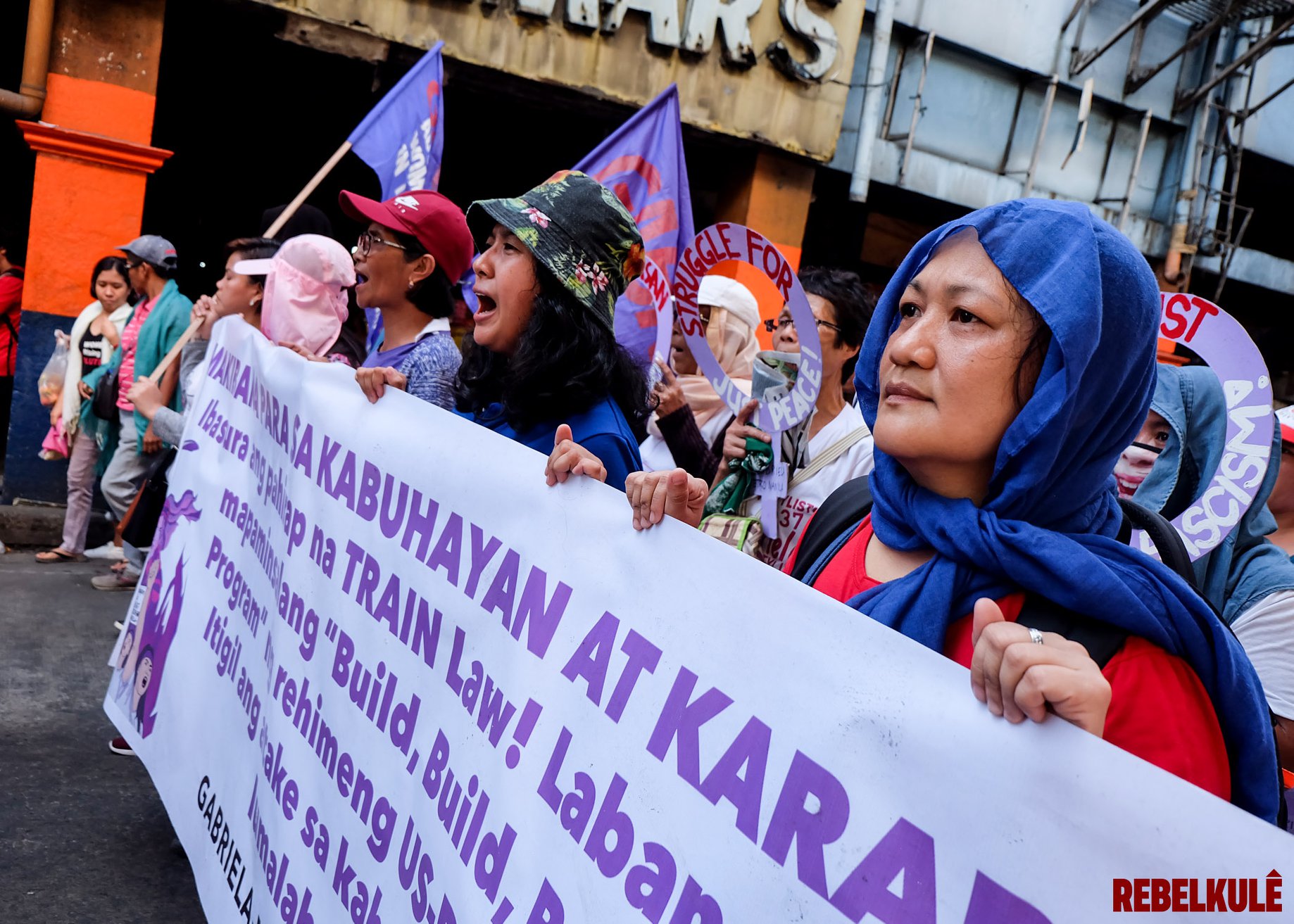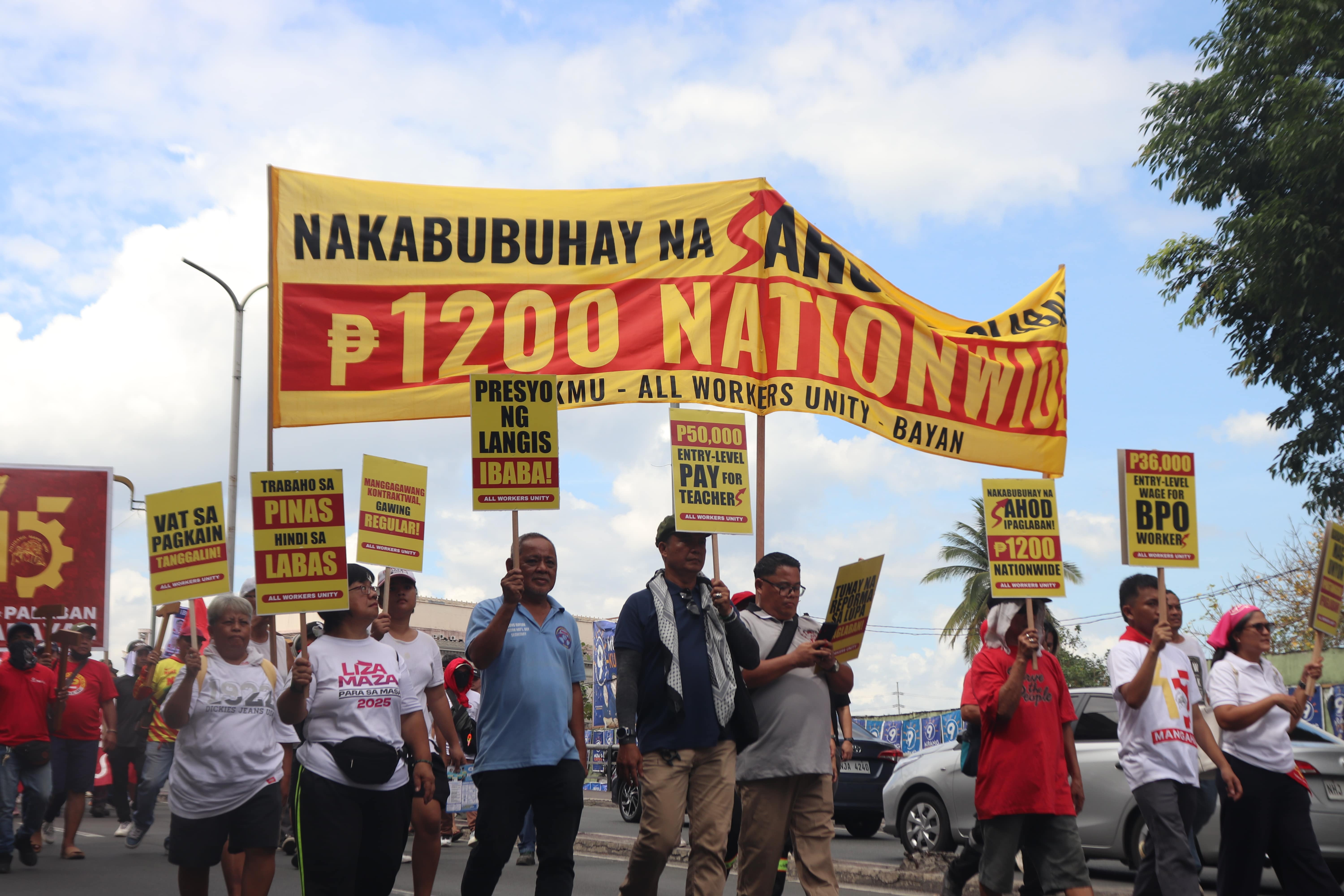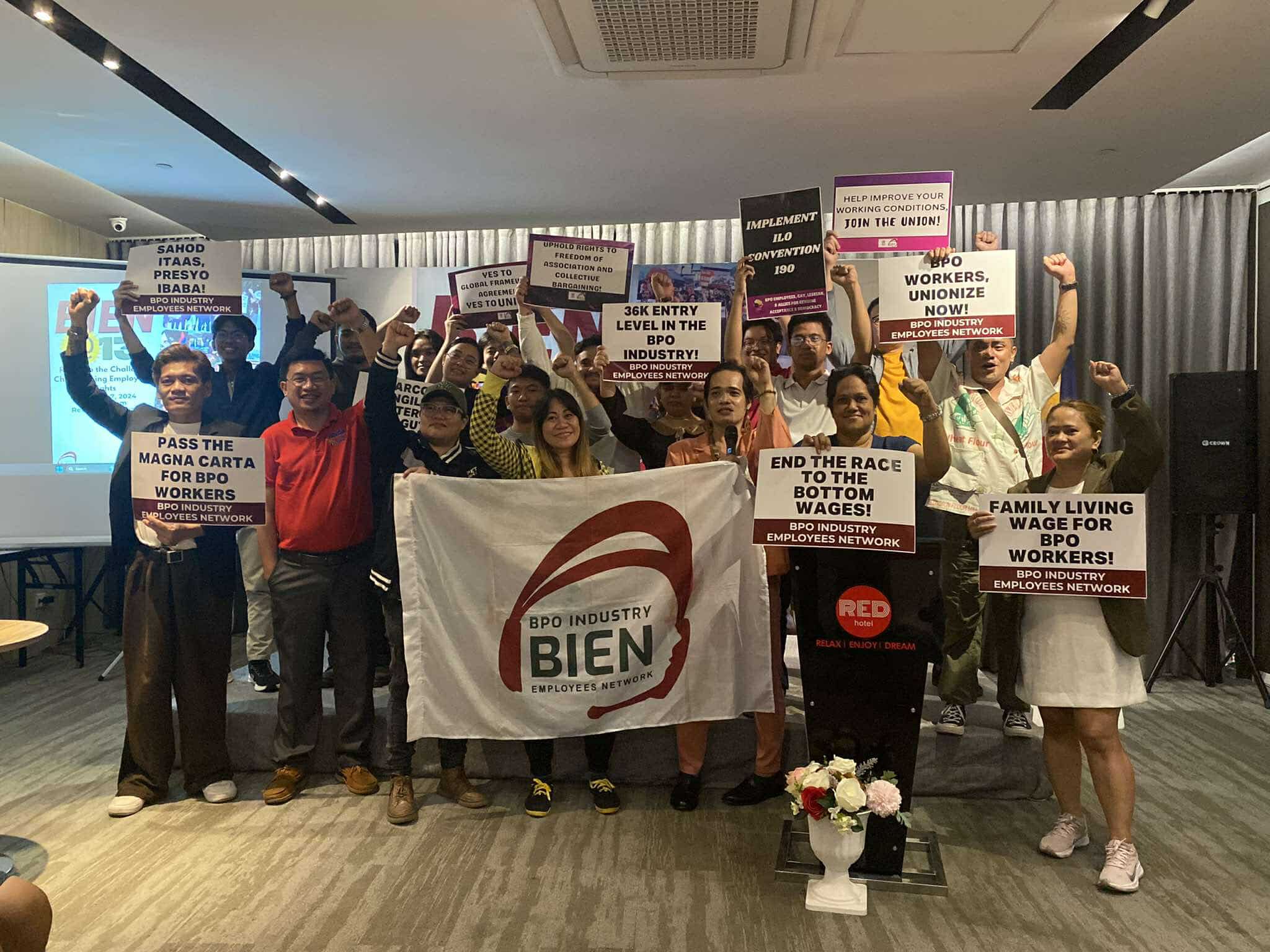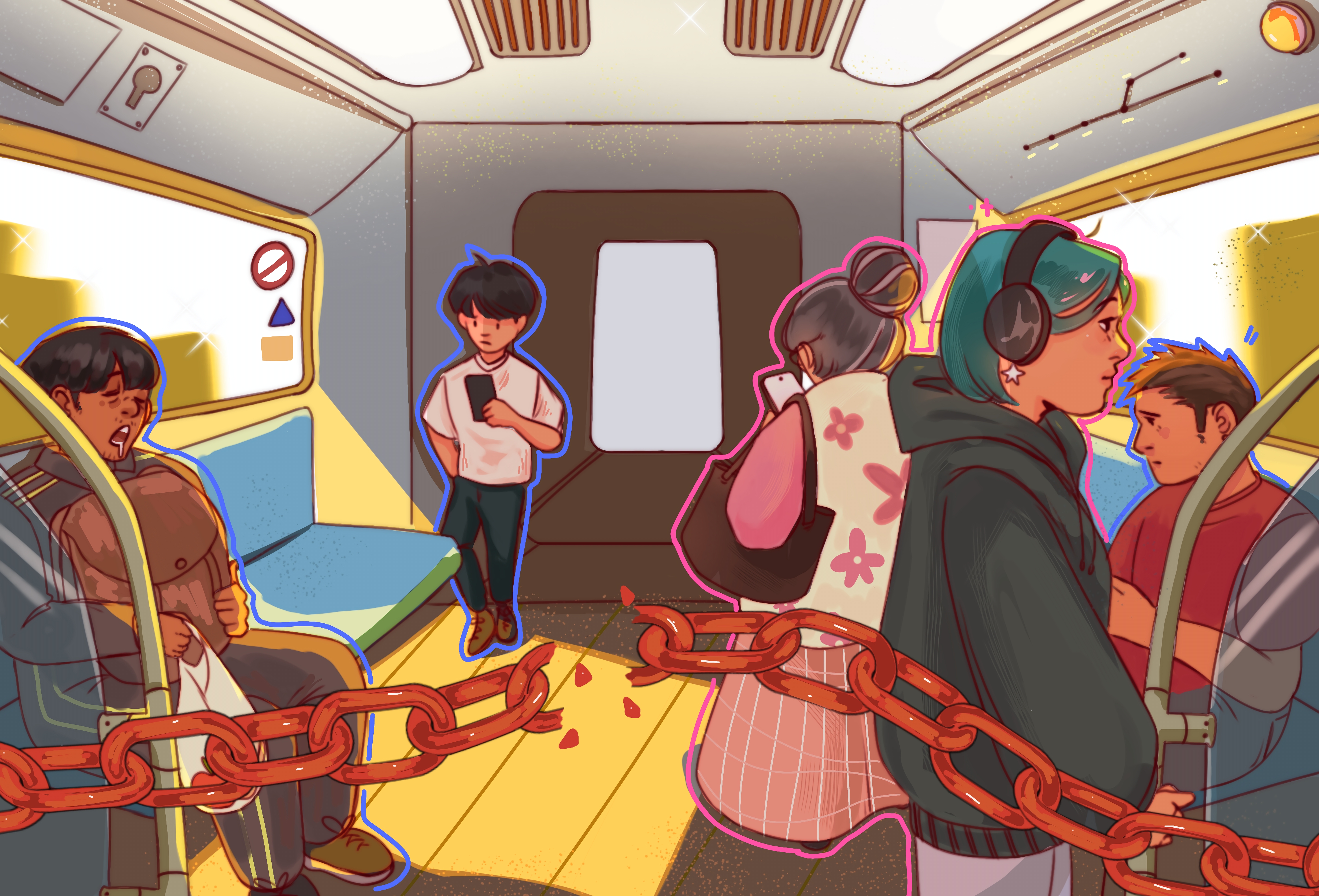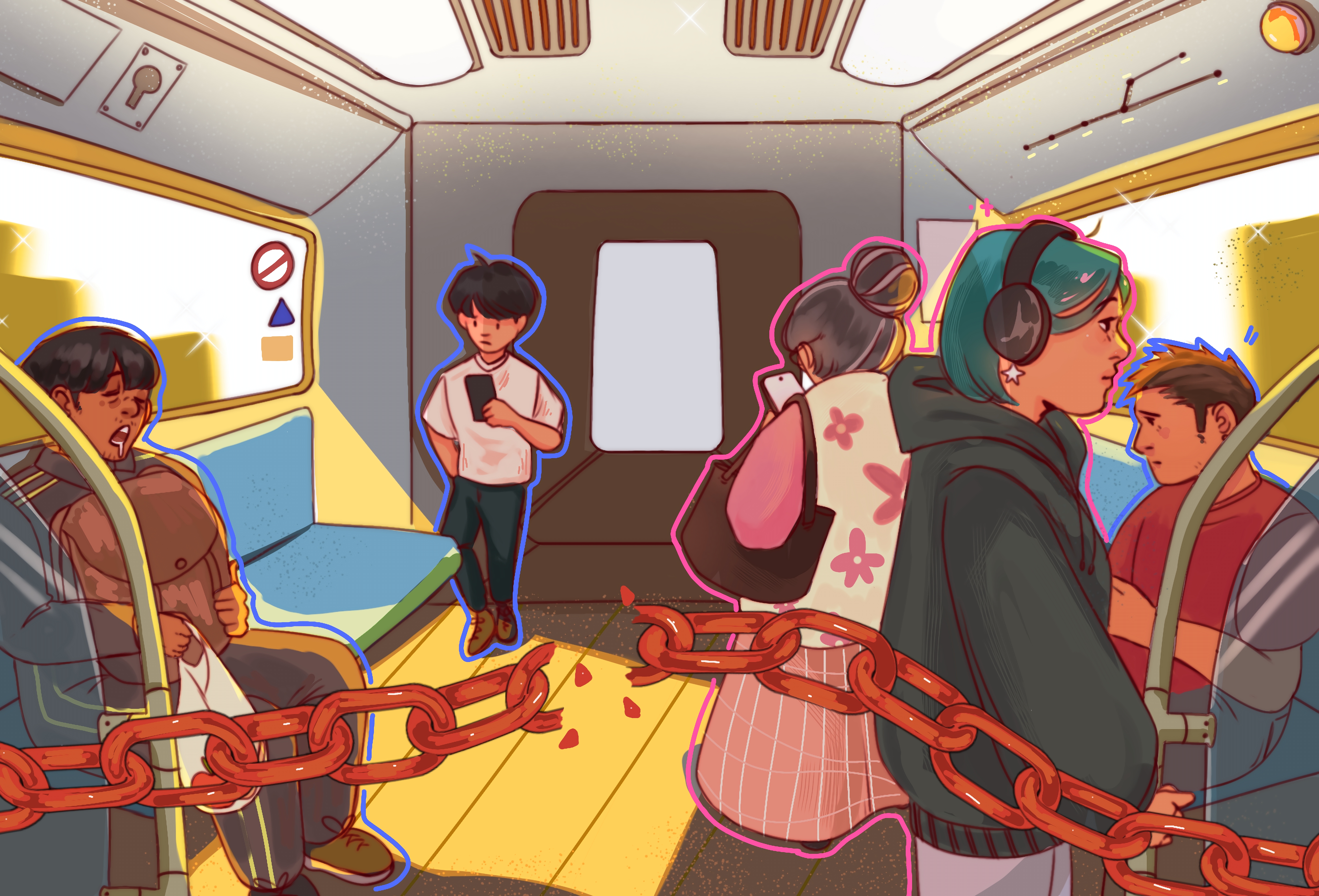By MIRA LEGION
The long days of political distress under Duterte’s fascist regime have yet to wreak more havoc in already ill-struck regions of the country.
As if in a cheap rehash of the 1970s, Duterte has unleashed a full military-backed plot to attack progressive organizations and the opposition in the guise of “nation-building” by utilizing, and even abusing, all state apparatuses with the goal to reestablish a dictatorial rule. He went as far as weaponizing the bureaucracy and the media through a pseudo-nationalist policy that is the “whole-of-nation approach” despite its clear abuse of executive powers.
To date, police violence has reached a new level of conspicuousness as brutal blows are often inflicted on dissenters engaging in peaceful demonstrations. Baseless red-baiting and terror-tagging have become rampant. Yet justice remains elusive as state perpetrators benefit from a culture of impunity that allows them to veer away from the injurious consequences of their inhumanity.
Indeed, the most vicious attacks against democracy are now arising within constitutionally granted political spaces, resulting in widespread civic disenchantment and growing resistance movements.
Duterte was taken aback by how quick it took for the masses’ political consciousness and accumulated dissatisfaction towards his dysfunctional leadership to grow so early in his term. With his ouster almost inevitably coming, Duterte opted to intensify militarization—as is the knee-jerk reaction of all wannabe dictators—in the hopes of regaining balance and securing his full control of power.
In 2018, he implemented Memorandum Order 32, which placed Samar and other areas, under a “state of lawless violence”—no less than a de facto martial rule. It did not take long for the death toll to spike with the reported number of killings already reaching 50.
Human rights violations became more rampant both in cities and the countryside, even at the expense of children, similar to what happened in the Capotoan bombing in Northern Samar in 2019 that nearly killed seven young individuals. Clearly, in times of wars and crises, women and children endure the most suffering.
But Duterte’s fascism refuses to discriminate between genders and age brackets. The underage killings in his drug war and his endless misogynist blunt against women are proof of this. It then begs the question, “Where do women stand in this dire situation?”
It is most opportune for women, especially of the maligned lower class and exploited sectors, to topple the decaying, misogynist, and repressive US-Duterte regime with her voice, pen, and fist as her weapon. While wars and revolutions have been falsely depicted as a male activity, women have proven several times their power in the handful of feminist and liberation movements founded and spearheaded in the past. As women are more motivated to leave the house, schools, and workplaces when crisis ensues to be where history is made—the streets.
History is overflowing with narratives of women revolutionaries and activists who have fought for change. The region itself is not without example. When practical circumstances demanded it, women stood at the forefront of the struggle, just like in 2013 when Supertyphoon Yolanda left several provinces in Eastern Visayas in ruins.
Given their active role in the movement, women have become the prime target of Duterte’s tyrannical jabs as he continues to fear the strength of enraged women in action. For one, there were the killings of peasant organizer Jennifer Tonog and former National Union of Journalists of the Philippines member Maureen Japzon.
As a human rights activist, I, too, became a victim of fabricated cases of possession of illegal firearms and explosives, together with Marielle Domequil and Marissa Cabaljao, and community journalist Frenchie Cumpio.
It is, therefore, of paramount importance and extreme urgency that women choose to embody what Lorena Barros defined as the new Filipina—the militant woman who has triumphed in transforming her extremely exploited position in society to take active leadership in the nationwide struggle for liberation. She must grasp firmly the basis of her oppression within a class society and contribute to the destruction of the patriarchal portrayal of a meek, weak, and servile Filipino woman.
In the end, her prominence in the movement is, indeed, not without cost, but that is a price she was most willing to pay as nothing could ever take her place in the struggle.
Now that Duterte’s bogus peace framework has accomplished absolutely nothing in ending the decades-long resistance in the country, women, along with the oppressed Filipino people rising, shall once again emerge victorious. ●
This article was first published on March 31, 2020.
Mira Legion, a graduate of UP Visayas Tacloban College, is a staff member of BAYAN Eastern Visayas. She is among the five individuals illegally arrested in Tacloban, Leyte on February 7, 2020, over fabricated charges of illegal possession of firearms and explosives. Along with Marissa Cabaljao of People's Surge, she was able to post bail of P120,000, while the other three remain imprisoned and are awaiting trial.
